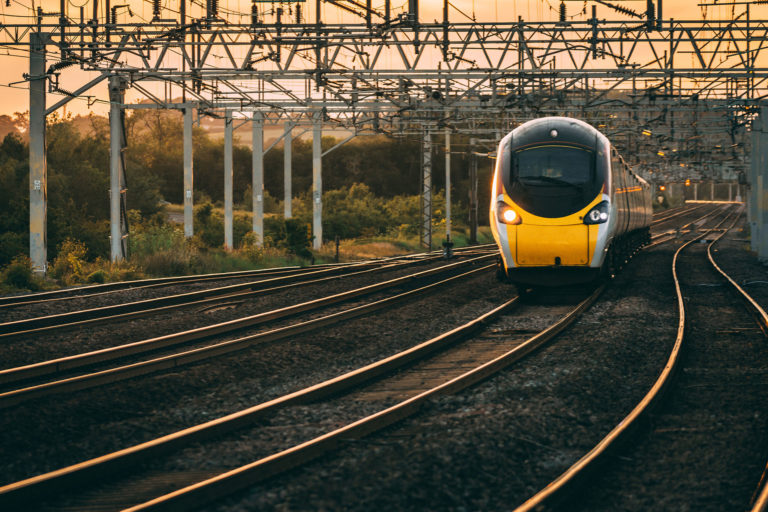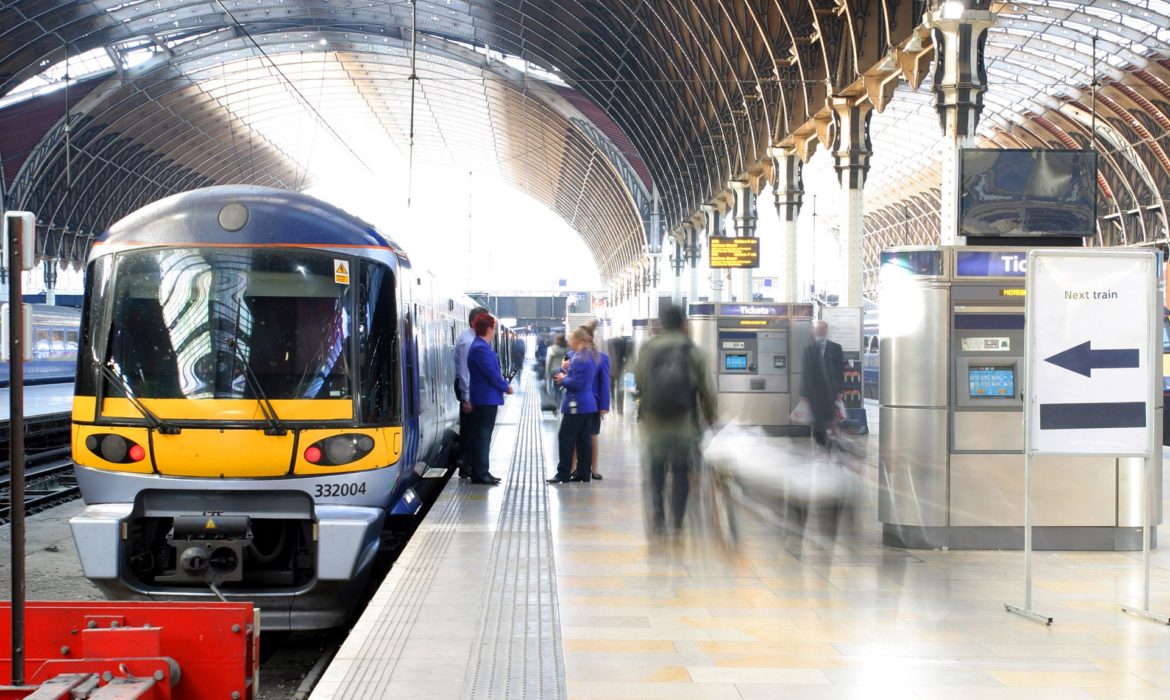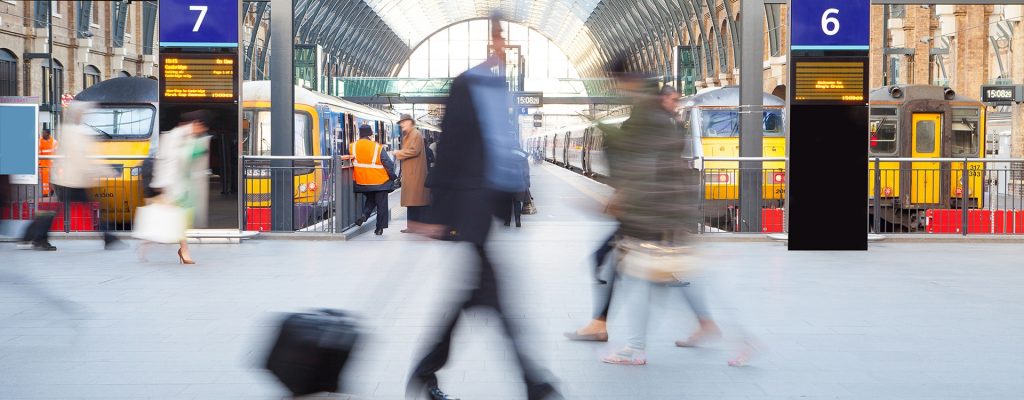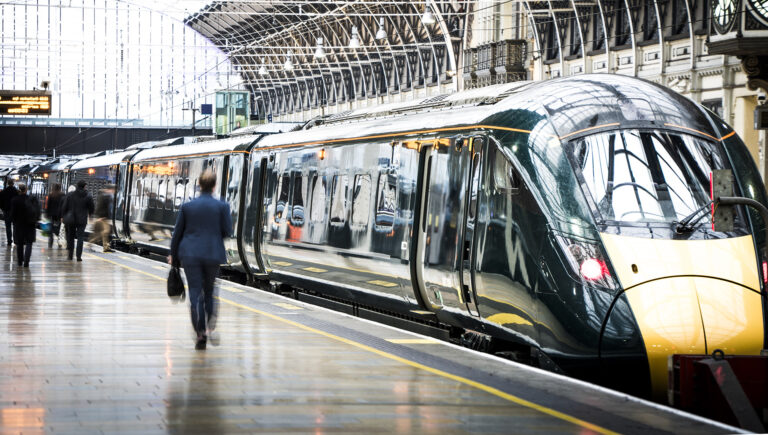
Embracing AI: reducing operational downtime in rail
With recent disruption, customer experience ratings have dropped, with delay compensation schemes becoming routinely used by many passengers. But what role could AI play in delivering improvements?

Phil Bulman is a Partner and Transportation and Infrastructure sector specialist at Vendigital. He recently shared his insights with Rail Professional
Given that rail is a heavy asset industry, it is surprising that (according to analysis of ORR figures) staff represent 35 per cent of the costs of running the UK’s railways. On this basis, implementing more efficient staffing strategies is key to unlocking cost savings and securing a more sustainable future for the rail industry. To achieve this, a focus on mapping the workforce’s changing skills requirements and close collaboration with trade unions will be essential.
The need for change is being driven by three factors; changes in technology, an ageing workforce and the challenge from Government to increase efficiency and reduce costs, in order to balance the books of the industry’s finances.
Over the past years two years alone, 7,000 new and refurbished rail vehicles have entered service, constituting ~45 per cent of the total UK rail fleet. These new vehicles often replace trains built in the 1970s, bringing with them the latest in technology and capability. In addition to this, the first of a new breed of hybrid trains are beginning to enter service, often modifying mid-life rolling stock to decarbonise selected journeys. One such example is Chiltern Railways recently testing a hybrid-powered train on its network, developed by Porterbrook.
In another case, Alstom and Eversholt Rail have also announced plans to launch the UK’s first ever hydrogen-powered train fleet. Add to this the significant expected upgrades in signalling, moving to ETCS technology, starting with the East Coast digital project and the continued roll-out of digital ticketing solutions nationwide and this adds up to a huge change in the technology the
railways. While this is great news in terms of the reliability and productivity that can be achieved, the workforce will need to adapt.
Secondly, it is common knowledge in the sector that the retirement rate in the rail workforce is above national average, with 45 per cent of the current workforce expected to retire in the next
ten years. In order to meet its future skills requirements, the rail sector is expecting to recruit around 120,000 additional workers over the next five to ten years.
With the Government’s Integrated Rail Plan pledging £96 billion investment for improvements such as the upgrading and electrification of existing lines and the rollout of digital ticketing, there will also be a need for the sector to respond by securing the right digital skills. Increased automation, in particular around ticketing, is also altering levels of demand for customer service.
The final driver for change is following the Autumn Budget, the Treasury and Department for Transport (DfT) challenging train operating companies (TOCs) and Network Rail to reduce spending across the sector by ten per cent, with a view to addressing the £8bn hole in the industry’s finances. However, at a time when encouraging people back on the services is more important than ever, it’s vital that cost reduction efforts don’t come at the expense of the passenger experience.
Addressing these three challenges will be key to delivering for both passengers, employees and the taxpayer and the response from all parts of the sector must be to embrace rather than resist the change. The key question is how can the industry balance these forces for transformation?

The Rail Delivery Group (RDG) has recently commented that jobs in the railways “will need to change to become more passenger-centric”, in response to reports that hundreds of rail ticket offices
could potentially close, as part of its plan to modernise rail services. By embracing new technologies and accepting that change is needed, the TOCs, Network Rail and critically the unions could work proactively together. This should involve planning how the workforce can adapt to new technologies, with recruitment, training and retraining of staff and the increased use of apprenticeships, to create a positive movement, with the interests of all parts of the industry at its heart.
Achieving this will require more openness from all parties and will require a re-think of current work practices. A wide range of solutions will also need to be considered to upskill staff working with new technology and build more flexibility into people’s roles. This is crucial to avoid disruption leading to single points of failure in staffing (e.g. driver shortages), which have been exacerbated in recent times due to Covid-19. By comparison, other sectors, such as aviation, went through this transition in years gone by and have reaped the rewards in terms of growth, investment and value for staff.
In the long-term, expanding the scope of rail sector roles could also open up valuable opportunities for workers and help to support their career development, taking on more skilled tasks and responsibilities, working with new technology and reducing the need for manual tasks. Clearly promoting this message across all levels of the industry will therefore be important to getting staff and workers at all levels on board.
The fear for many workers and unions is that any change will lead to lower wages and reduced workers in the sector and clearly the introduction of more automation and technology will mean less manual activity is needed in the long run. It is, however, quite achievable to see this happen in a gradual planned way that respects the existing workforce and manages the transition in a productive and positive way. The organisations in the rail sector will need to make this very clear and perhaps make commitments to the spirit of the change protecting the rights of individual workers.

Introducing greater flexibility around workers’ roles has traditionally been a sensitive area and unions have historically played an important role in facilitating member communications and optimising outcomes for the workforce. However, in order to achieve a sustainable future, it’s vital that the entire industry works together to deliver improvements in staffing strategies, for the benefit of all. These must take into account the requirements of TOCs, passengers and workers alike. Not recognising the urgent need for change in this area will inevitably result in falling passenger numbers and poor financial performance – a lose-lose situation for everyone. The industry should also think laterally about other opportunities to drive efficiencies, including the use of innovative contracts with private sector companies to drive innovation and productivity.
Trade unions could play a central role in supporting this transformation by helping to map the industry’s changing skills requirements, assigning new staff to the right roles and upskilling workers wherever necessary. This process must be delivered in line with developments in technology and the sector’s strategic objectives. For example, Network Rail is already in the process of setting up collaborative forums at a regional level, designed to facilitate constructive discussions across the industry. This could provide a valuable opportunity for unions to provide positive input around how to meet passengers’ future requirements, while looking out for the interests of workers.
A radical rethink of rail sector roles is urgently needed to step up the industry’s productivity levels and improve its cost base, while strengthening passenger experience. However, this process doesn’t have to result in winners and losers. By adopting a joined-up approach to preparing the workforce and engaging positively with trade unions, UK rail stands a better chance of securing
a sustainable future while protecting the interests of workers. The key question is who will take leadership in pulling organisations together and grasping the nettle!
Sign up to get the latest insights from Vendigital
Looking for an industry expert?
Related Insights

With recent disruption, customer experience ratings have dropped, with delay compensation schemes becoming routinely used by many passengers. But what role could AI play in delivering improvements?

Train operating companies are under pressure to deliver a consistent positive experience, all while attempting to modernise. But how can this happen and could the Rail Reform Bill help?

As the industry prepares for the launch of Great British Railways (GBR), there is an opportunity to improve operational efficiency, reduce cost and improve passenger services.
Subscribe to our newsletter